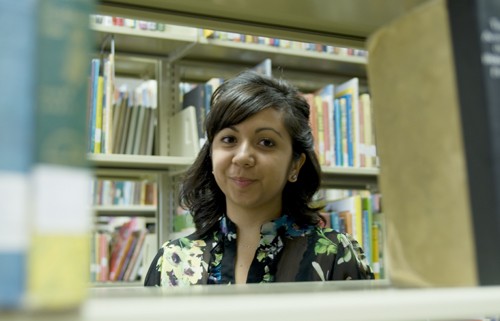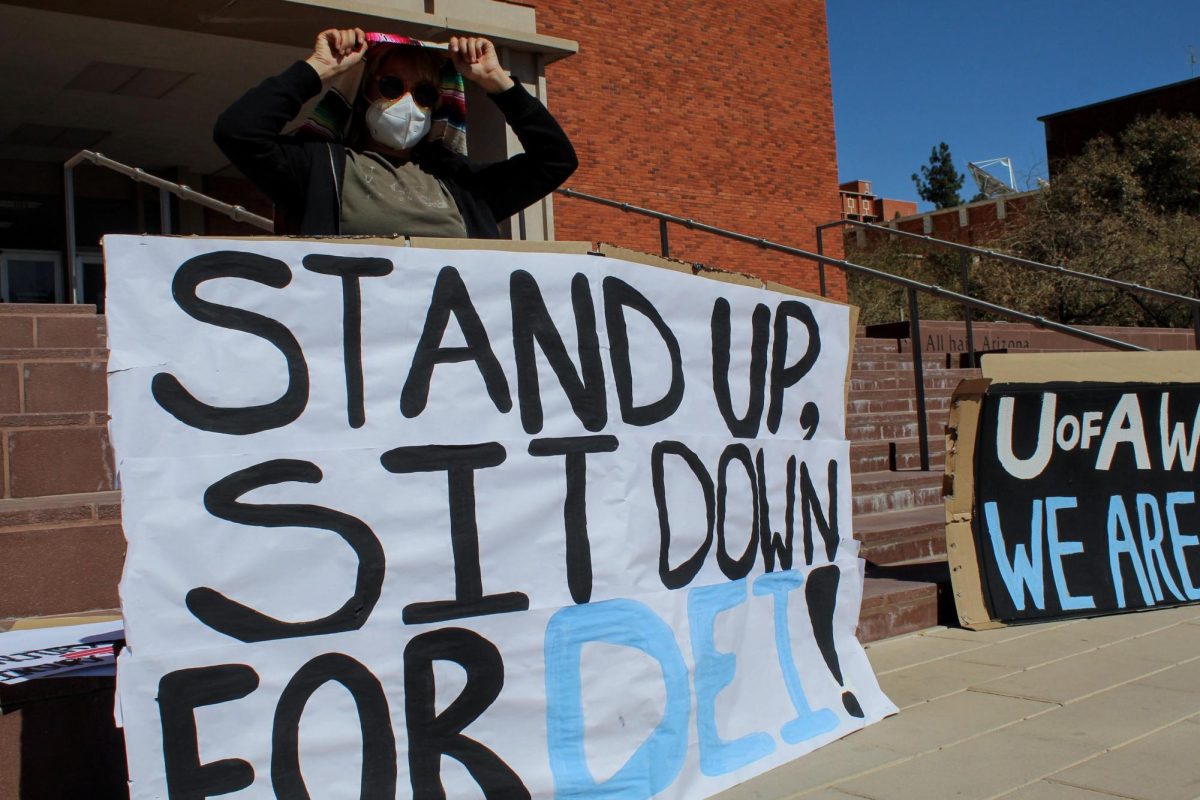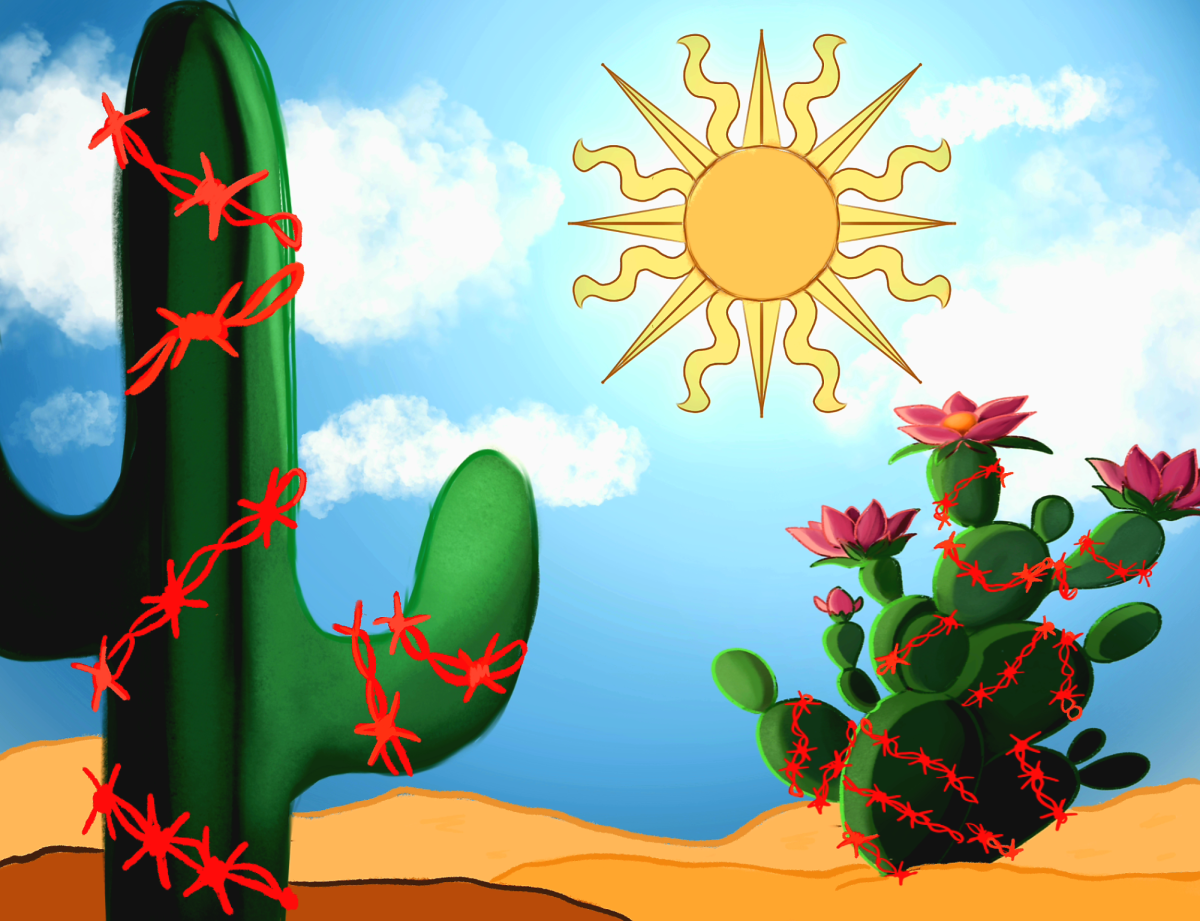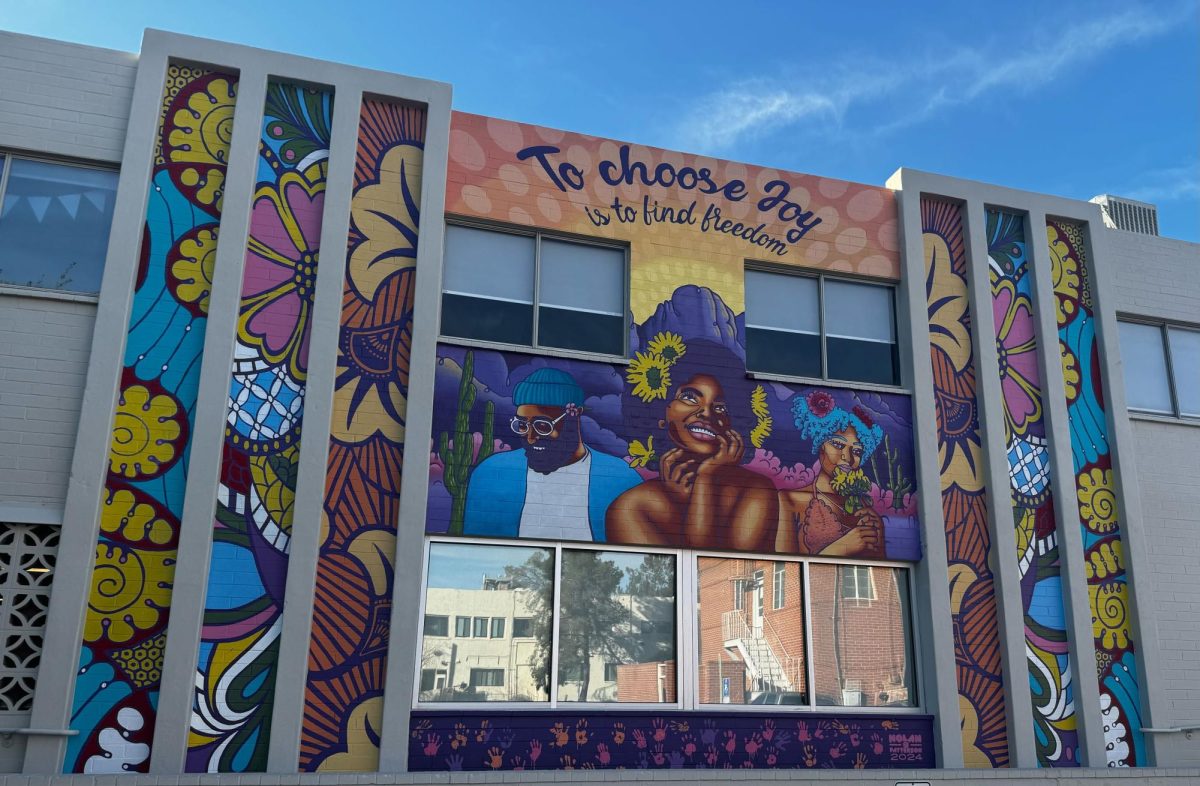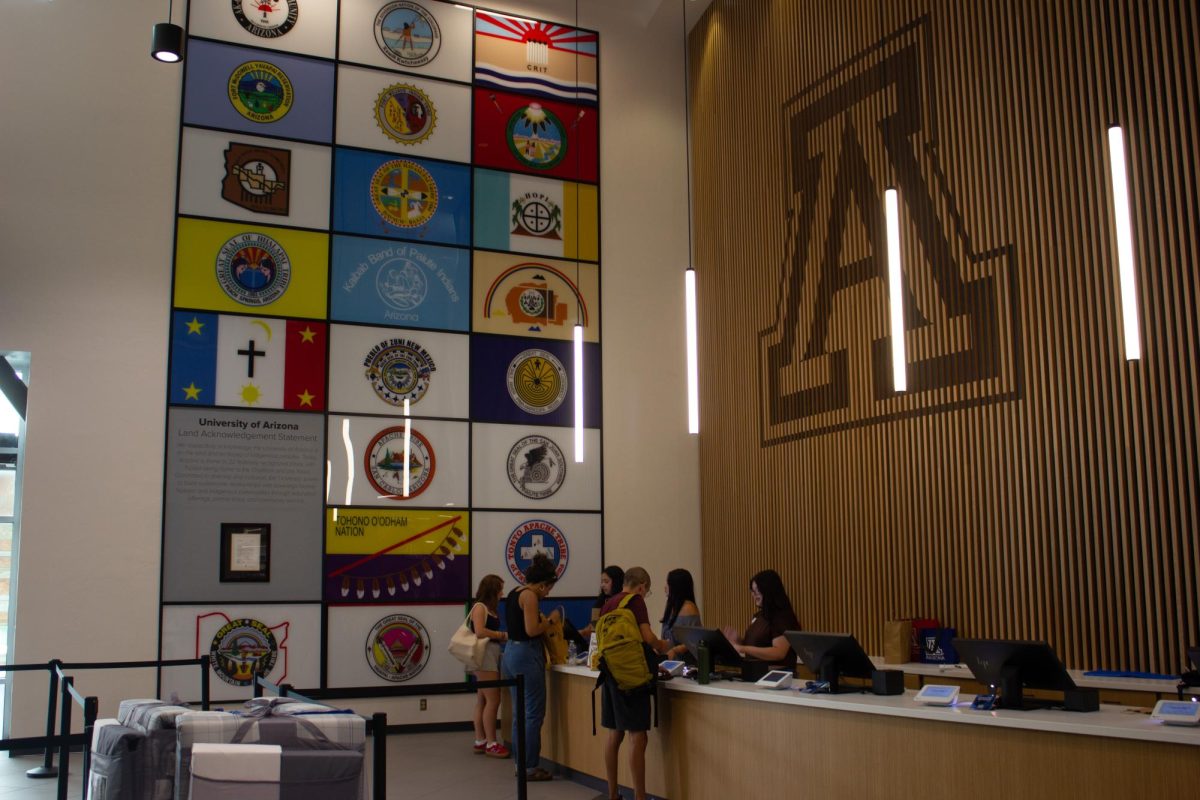Students in need of financial aid may soon have options beyond traditional scholarships and loans.
The recently established Student Scholarship Services Project will hold a focus group today at 3:15 p.m. in the Regents Room of the Administration building.
The mission statement of the program is “”to drastically increase UA student access to outside scholarships through outreach, student support, and a streamlined scholarship selection system,”” according to Rebekah Salcedo, the Student Scholarship Services Coordinator The program seeks to make scholarships from outside the university, including those distributed by the community or private donors, more readily available to students. “”We want to pull in as much external funds as possible,”” said Salcedo.
For this focus group, the Student Scholarship Services Project invited about 60 students who have already been successful in earning outside scholarships to share advice about the process. Salcedo will lead the focus group with a co-facilitator, Kenneth Downs.
Seven of the 60 have agreed to participate in the focus group, as well as a few others who will meet individually with Salcedo, she said.
“”I want this to be a student-generated project. Students know best what works best for them,”” she said.
In the focus group, students will discuss how they found outside scholarships and what made their applications successful. The project’s goal is to support students in this process by making the scholarship search more centralized, according to Salcedo.
“”We need to get ideas, find out what students want, what’s going to help them the most,”” Salcedo said.
The Office of Student Financial Aid already provides information about finding outside scholarships to students, but Salcedo said they could improve in that area.
Salcedo said some scholarships have few or no applicants simply because students are uninformed about what different outside organizations are offering. She hopes this new project will increase awareness about all scholarships.
“”Right now the entire university is under budget constraints, so we need to be creative and innovative in finding revenue,”” she said.
The Student Scholarship Services Project is funded with money from the Student Services Fee. The financial aid office submitted a grant proposal for $78,085 and received $70,500 for the program this year, according to records from the Office of Student Affairs. Most of that money funds Salcedo’s position to assist students in their scholarship search.
One of the participants in today’s focus group will be Nicole Esquivel, an education freshman.
She received the Wildcat Excellence Award from the university, but also received almost $10,000 from outside scholarships, she said.
“”UA scholarships are great, but there are so many additional fees,”” she said. “”It’s so nice to have everything taken care of.””
Some of those outside scholarships came from the Hispanic Scholarship Fund, Dollars for Scholars, and the Hispanic Chamber of Commerce.
Esquivel said she heard about some of the scholarships through her high school counselor, while she found others on her own using scholarship search engines.
Esquivel said the application process required a lot of work and included writing essays, resumes, and cover letters and interviewing.
“”It was really a part-time job,”” she said. “”It was a lot of time on top of going to school.””
Even with all of the work she put in, Esquivel said she only received about one quarter of the scholarships she applied for. She named her extra-curricular activities and community service as assets that made her applications stand out.
Esquivel’s advice to students who want to apply for outside scholarships is: “”Definitely take the time, make the effort, and don’t get frustrated.””
She also advised students to take advantage of academic advisers and older students who are well-informed about the scholarship search process.
“”(The scholarships have) made the transition to college a lot easier because money wasn’t an issue. If I needed a book, I bought it.””
After Salcedo gathers feedback from the students in the focus group, she will share that information with other students who are interested.
“”This plan is only as beneficial as students know about it and utilize it,”” Salcedo said. “”There’s a lot more coming, we just need to know where to start.””



